These kinds of mechanical pains can occur with the lack of movement we often experience when we spend long amounts of time traveling on a bus, plane, train, or car.
These pains can come from tight muscles or stiff joints, both coming from a
- lack of moving,
- lack of stretching,
- or lack of using our muscles during these trips.
Whether it is a neck stretch while you are in the car, or a short leg stretch in the aisle of the airplane or on the side of the road, your body will thank you later!
Keeping your muscles and joints moving will prevent them from becoming stiff as quickly, and will therefore prevent the aches that can typically occur with sitting still for long periods of time.
Avoid hunching forward or looking at your phone in your hands for a long time, as this will increase your neck and back pain over time. Even if a particular position is comfortable to sit in, your body may not appreciate sitting in the same position for long periods, so find a few different positions your body can tolerate that you can rotate through throughout your travel time. For example, keeping your pelvis in a neutral position with your back comfortably straight, your eyes facing forward and your feet on the ground is likely to be more comfortable than hunching over to look at your phone throughout your flight.
A lumbar support roll helps you keep your low back’s natural curve and neutral spine.
A neck pillow can help you from finding yourself waking up with neck pain from sleeping in funny positions if you fall asleep while traveling. There are many devices that are made to make traveling more comfortable on your body, and the one that might benefit you the most will be dependent on how you normally sit and function while you travel.
It is important to pay attention to what we are carrying and how we are carrying them, because we can injure ourselves if we do not use proper carrying mechanics or if we are carrying things that are too heavy for us.
For example,
- if you have a backpack, use both straps to avoid having too much or uneven pressure on your shoulders and back.
- If you can, use trolleys to move your bags.
- If you are carrying something heavy, try to make sure that you are not putting too much strain on your back so that you don’t wind up with pain from carrying your heavy suitcase (or items) for long periods of moving or walking.
Stress can increase muscle tension, and most people hold this tension in their necks and shoulders.
If you know that you are someone who is prone to stress while traveling, try to add some deep breathing to your routine and try some neck stretches to avoid having that tension build up in your neck while you are on the road.


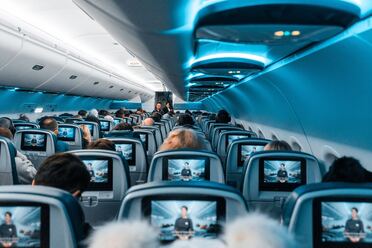
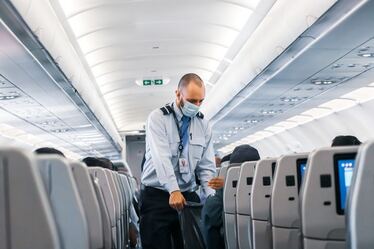
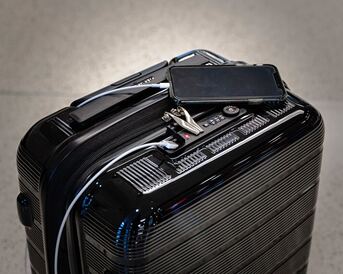
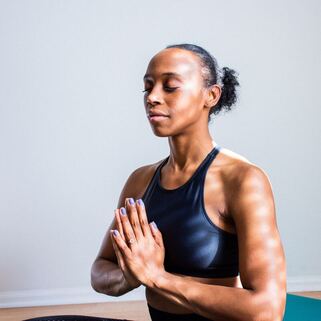

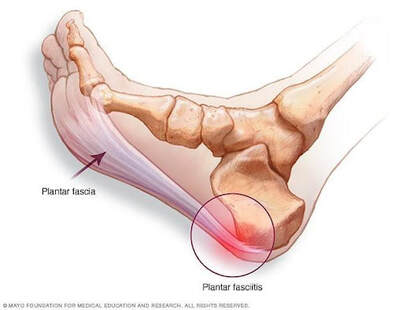
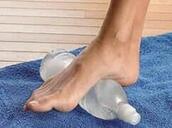
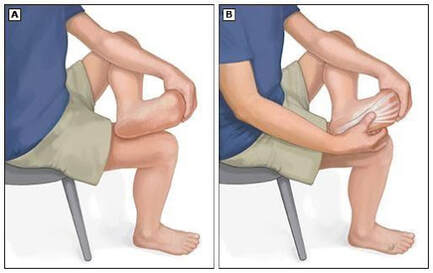

 RSS Feed
RSS Feed